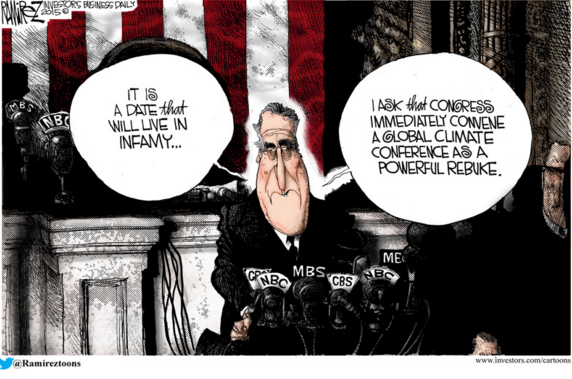By: Kent Engelke | Capitol Securities

A hedge fund pioneer whose quantitative models became the basis for today’s algorithmic trading models is on the verge of throwing in the towel. David Harding is credited with pioneering the quantitative models in the mid-1980s, models that are now greatly replicated and are failing miserably because of the popularity of trend-following and risk-based parity models.
Harding commented that he now has to “reinvent himself” given the “perceived efficiency of computers that systematically buy and sell according to programmed instructions,” trading on information that is perhaps nothing but noise.
Many market luminaries have commented about the impact of high-speed computer-based trading that has destroyed historical benchmarks, creating a false sense of liquidity.
Over the past three years, a record number of hedge funds have closed while capitalization-based passive ETFs have flourished. To put it differently, the best and brightest minds in finance are going out of business while the passive no-brainer investment funds focusing almost entirely on capitalization are doing great.
Wow! Talk about an imbalance. Will this massively overcrowded strategy follow the same path as hedge funds? If history is a guide, the answer is yes. A basic premise to this strategy—if you can call passive buying a strategy—is to find more people to buy more of the same over-owned companies. Sometime the buyers will exhaust themselves or conditions will change.
The greatest investors have been big picture people, focusing on the substance of geopolitics and macroeconomic research versus thoughtless style.
Many are focused on today’s commencement of the two-day FOMC meeting. As widely known, the Central Bank radically changed direction on January 8th adopting a “patient” outlook regarding monetary policy following a tumultuous December. Two weeks earlier, the Fed was focused upon a more active monetary policy including increasing bond sales.
No change is expected but I am certain every word will be parsed.
I continue to argue that growth will continue to surprise on the upside, strength that may again alter monetary policy expectations.
Markets were quiet relatively quiet yesterday. Will the calm extend into today?
Last night the foreign markets were up. London was up 0.59%, Paris was up 0.50% and Frankfurt was up 0.87%. China was down 0.18%, Japan was down 0.08% and Hang Sang was up 0.19%.
The Dow should open nominally higher awaiting numerous central bank announcements. The 10-year is unchanged at 2.60%.
















